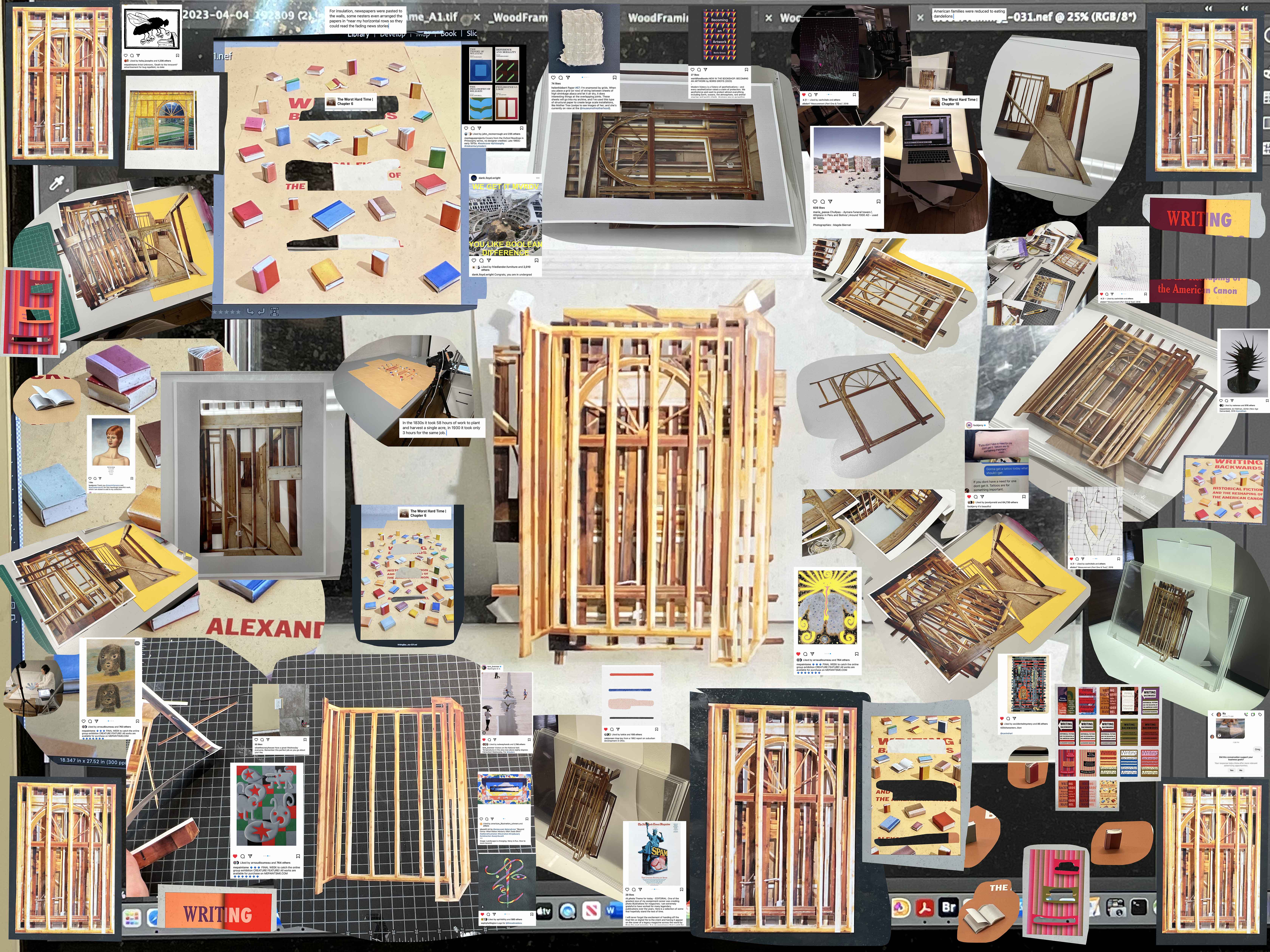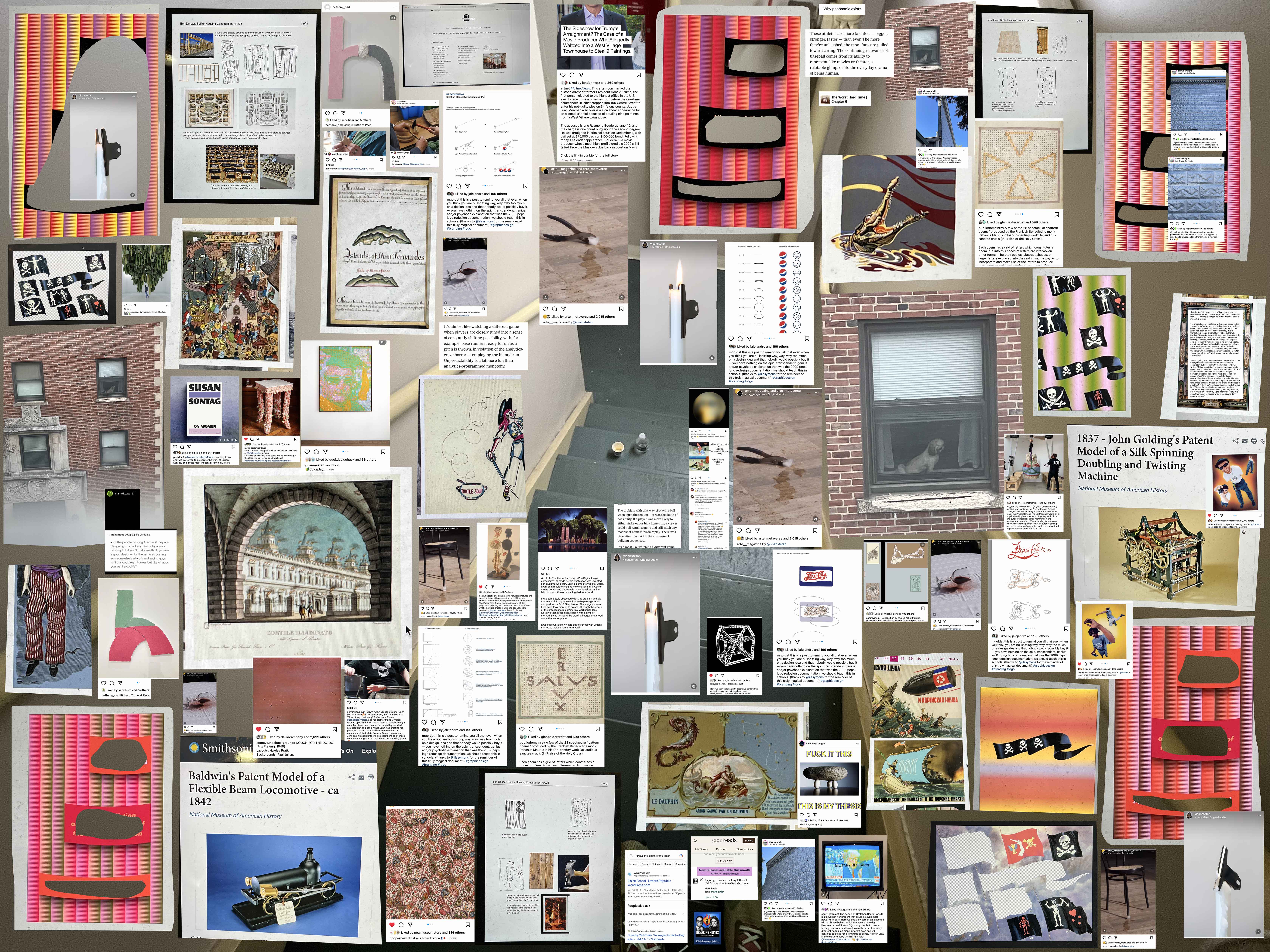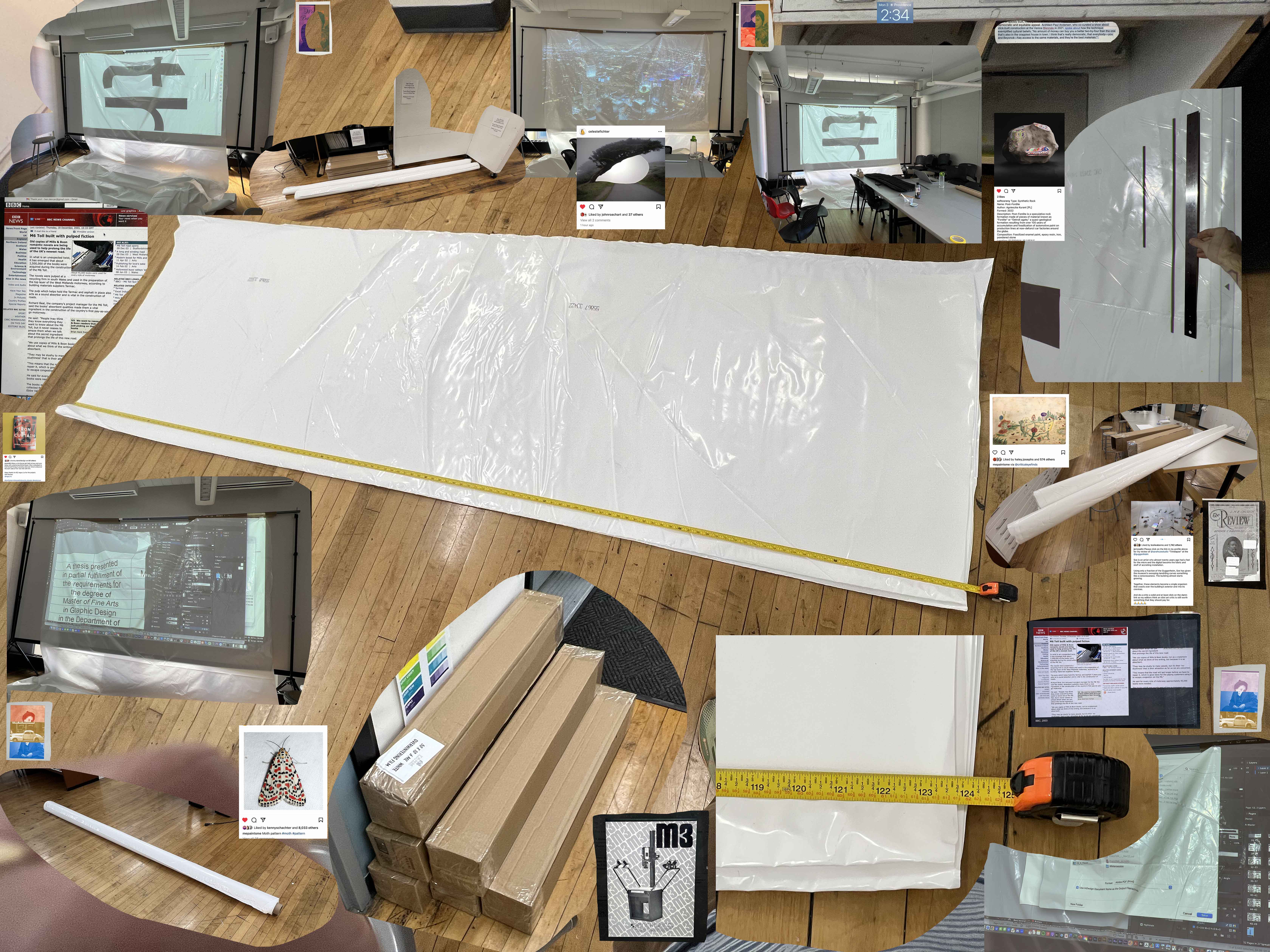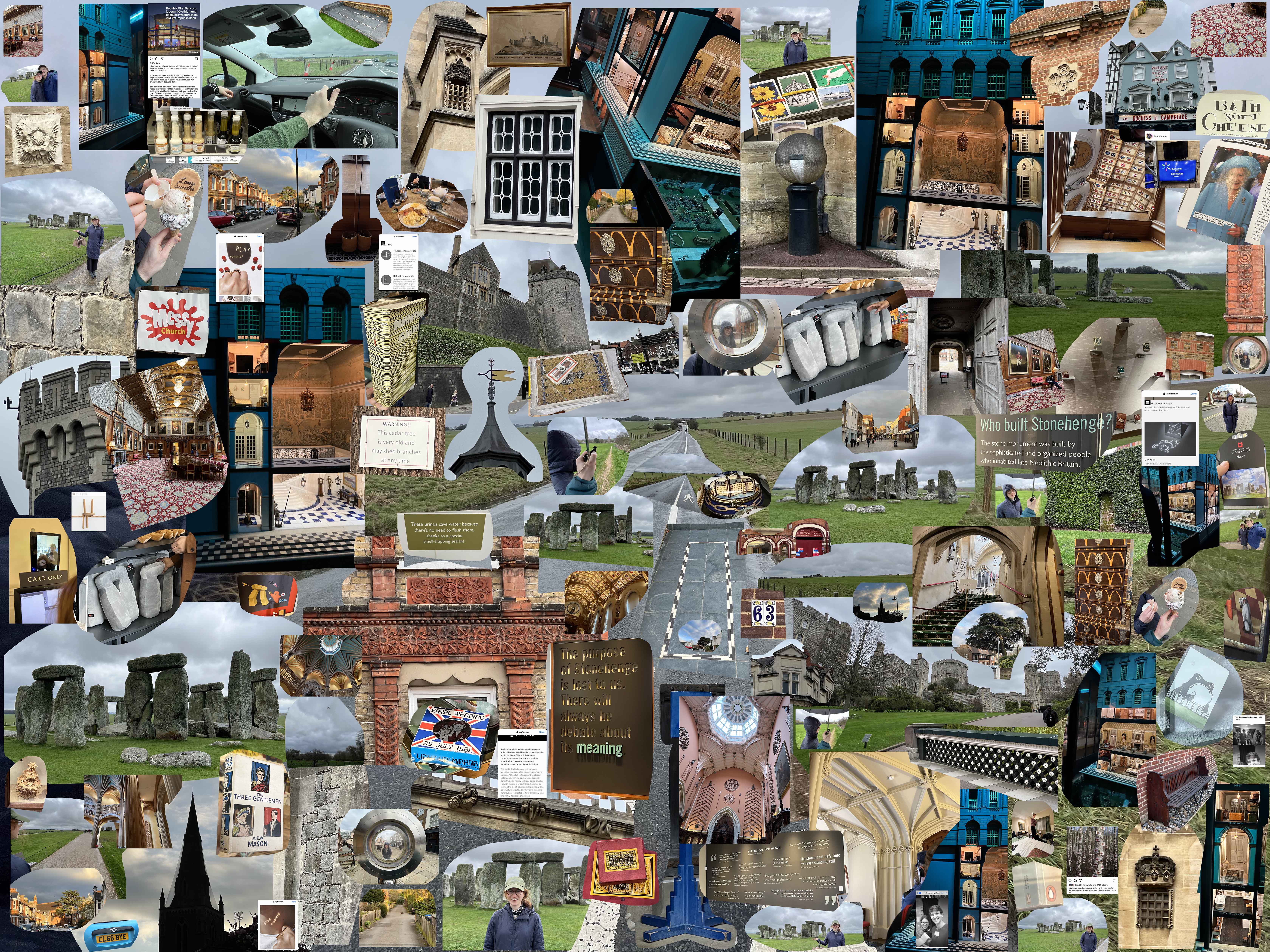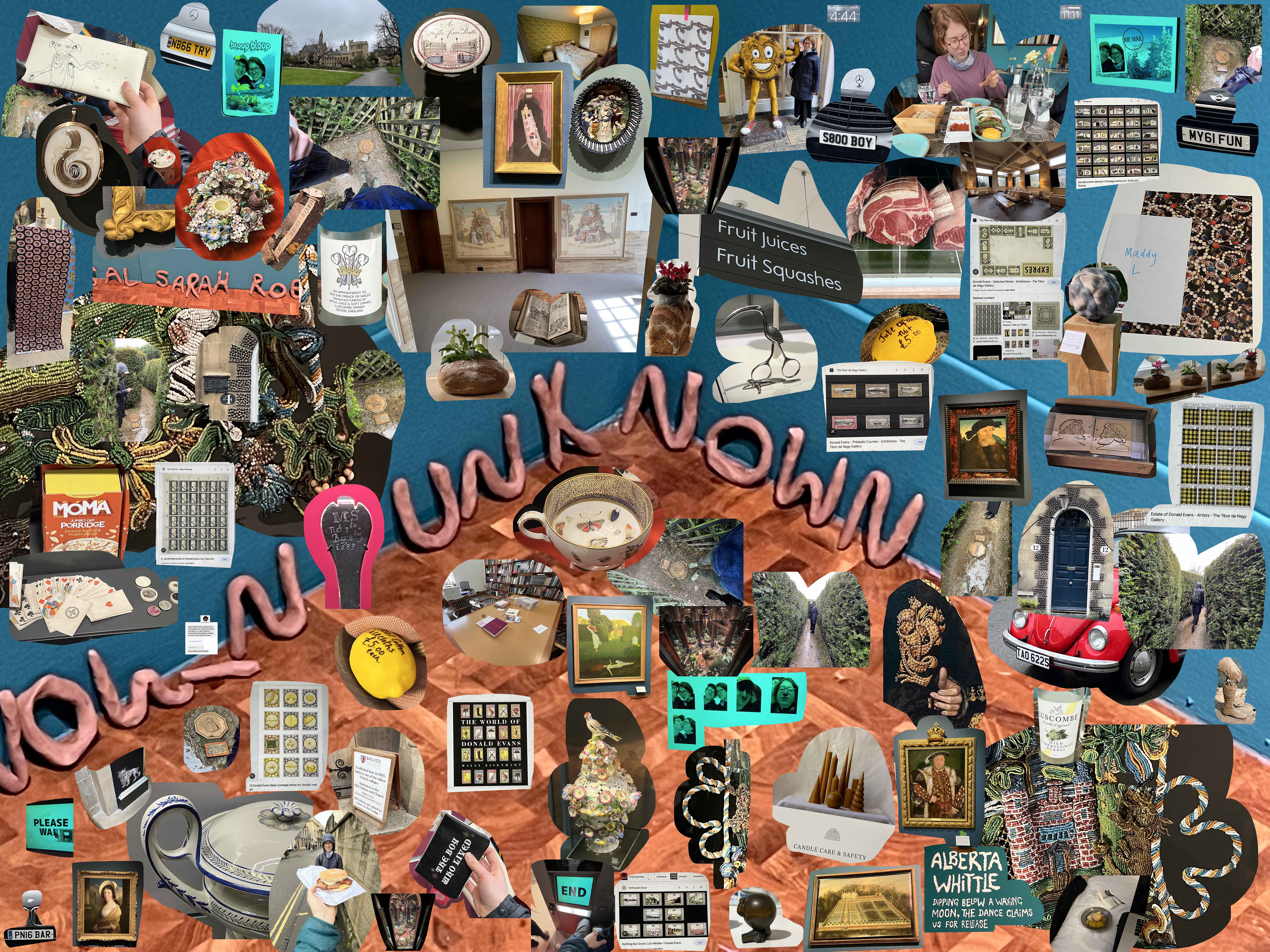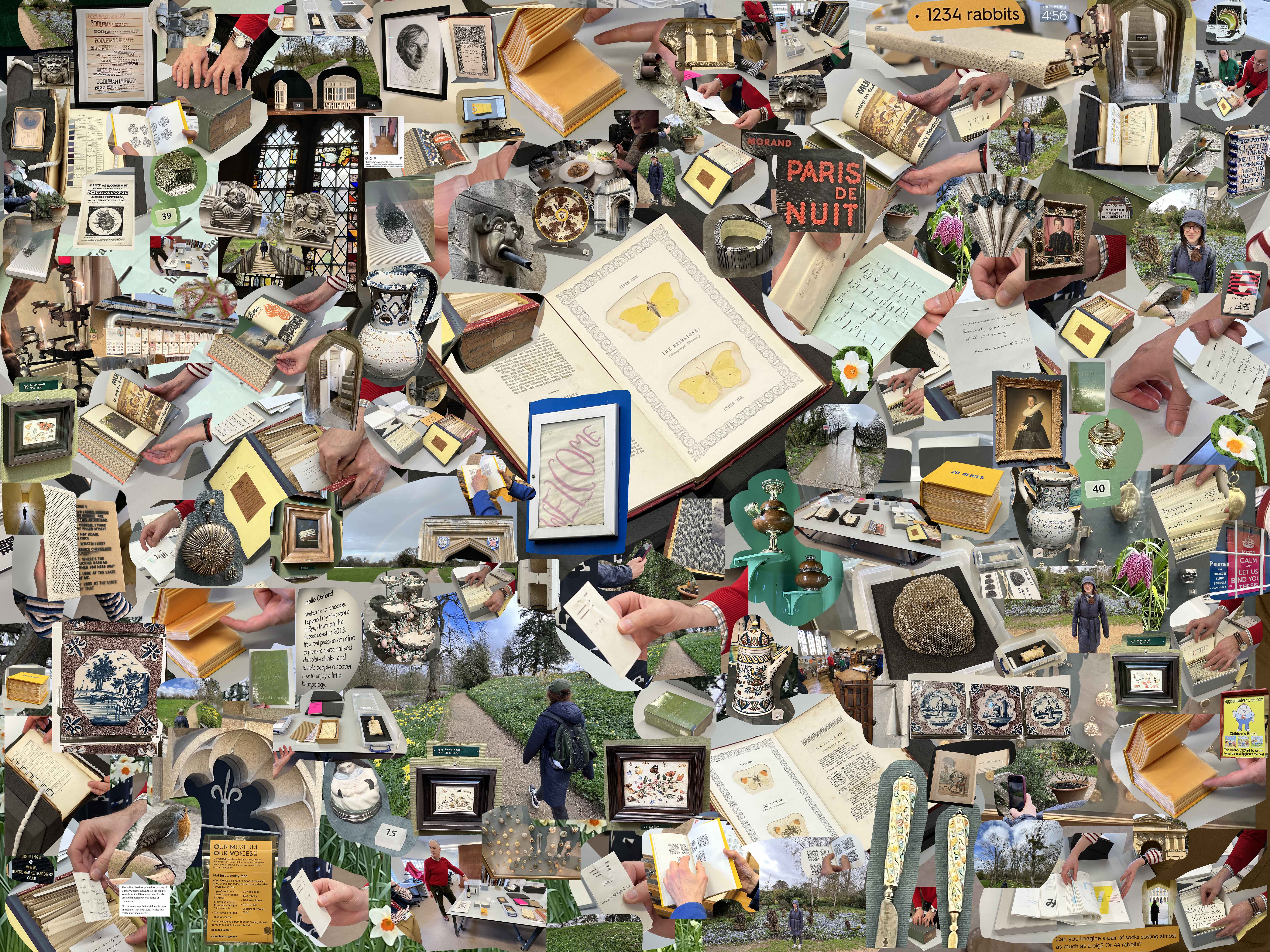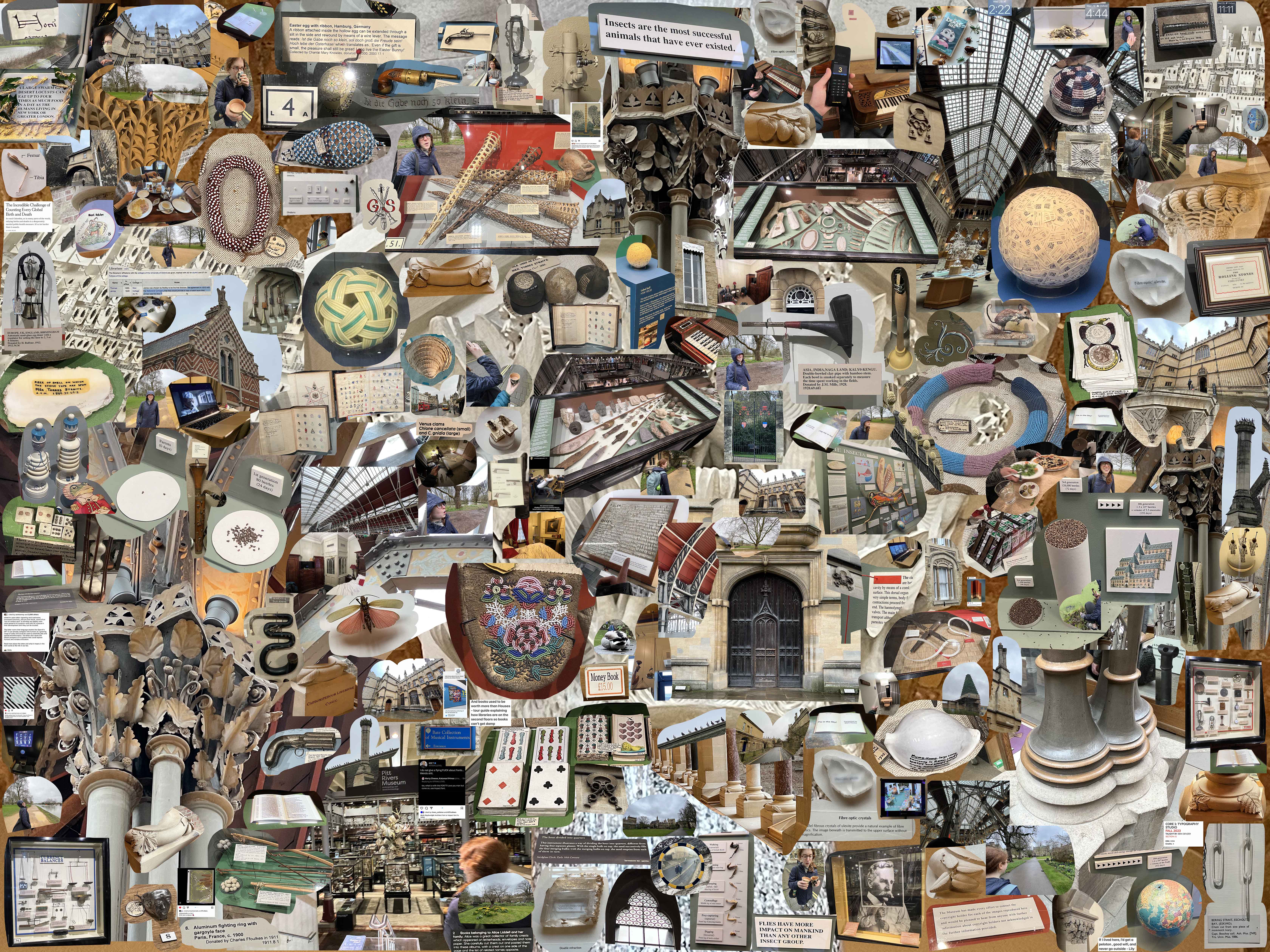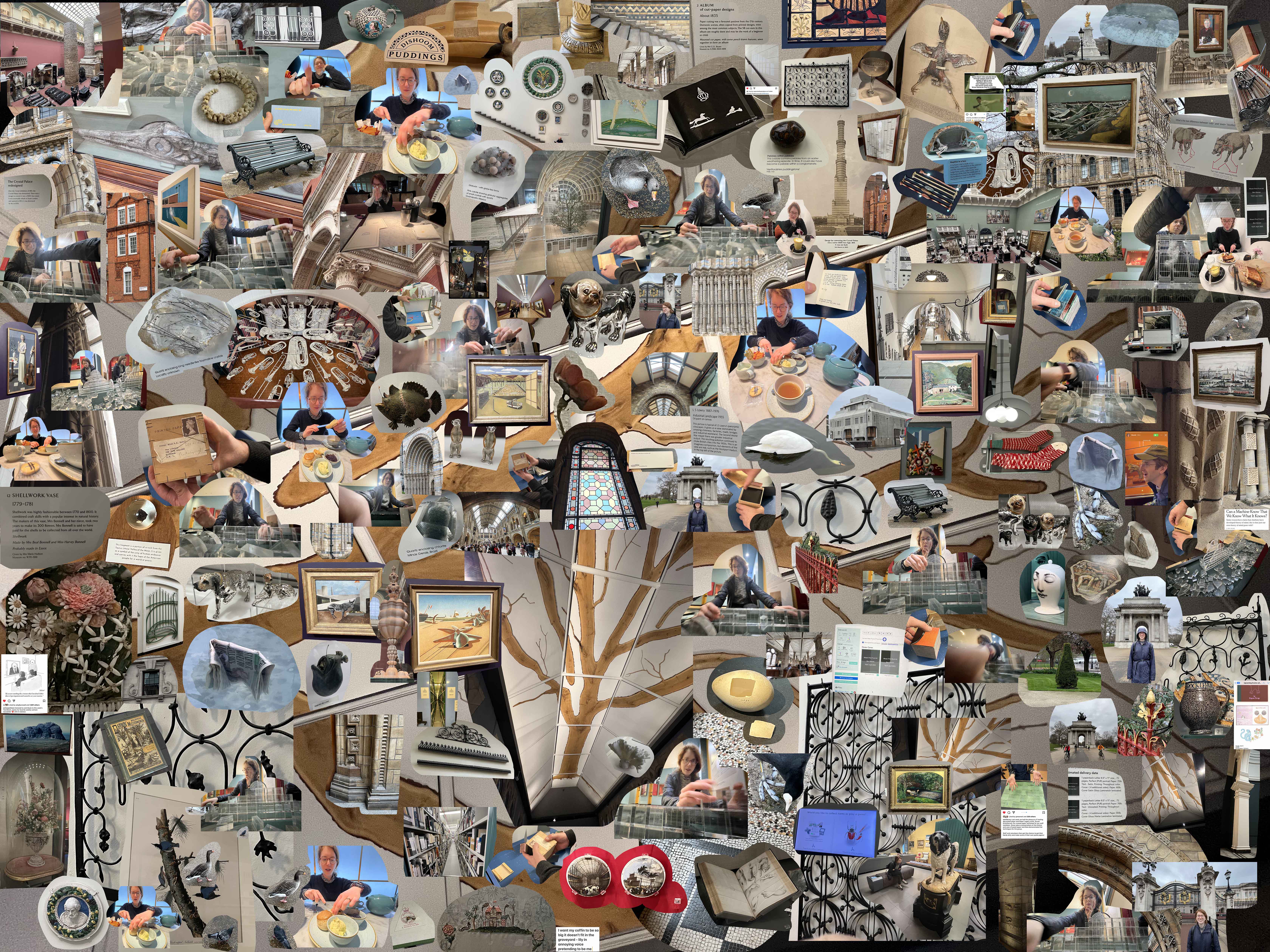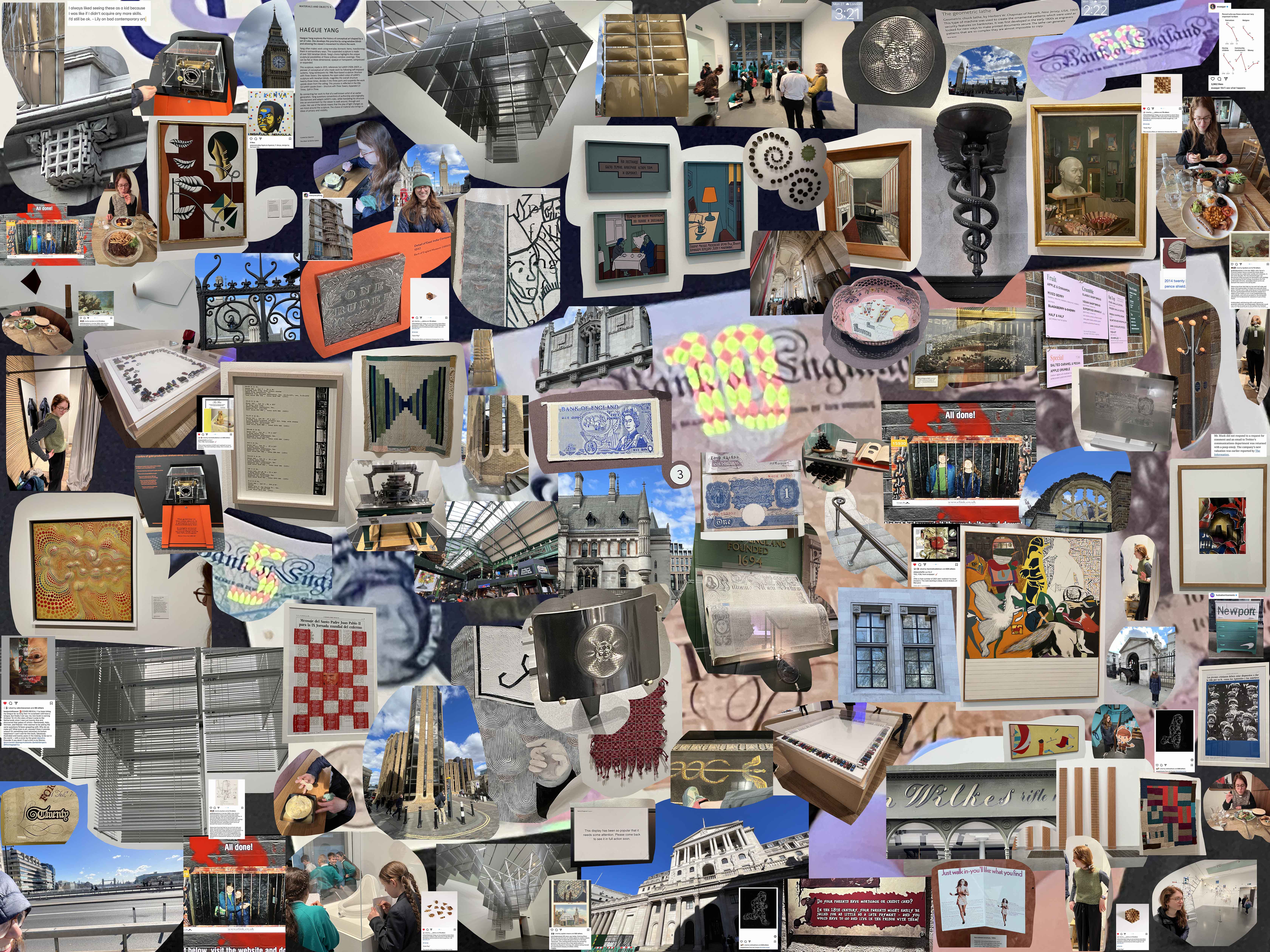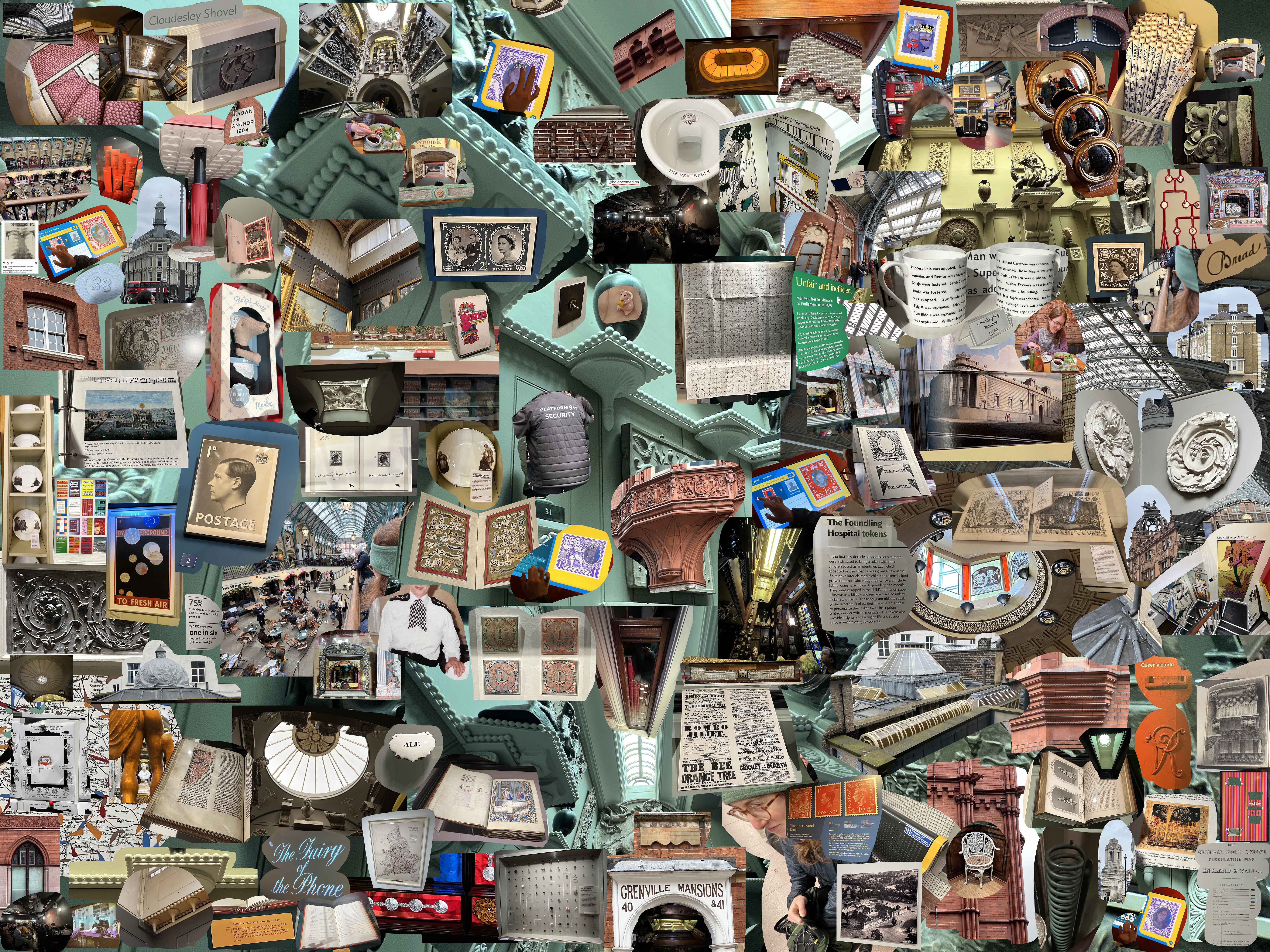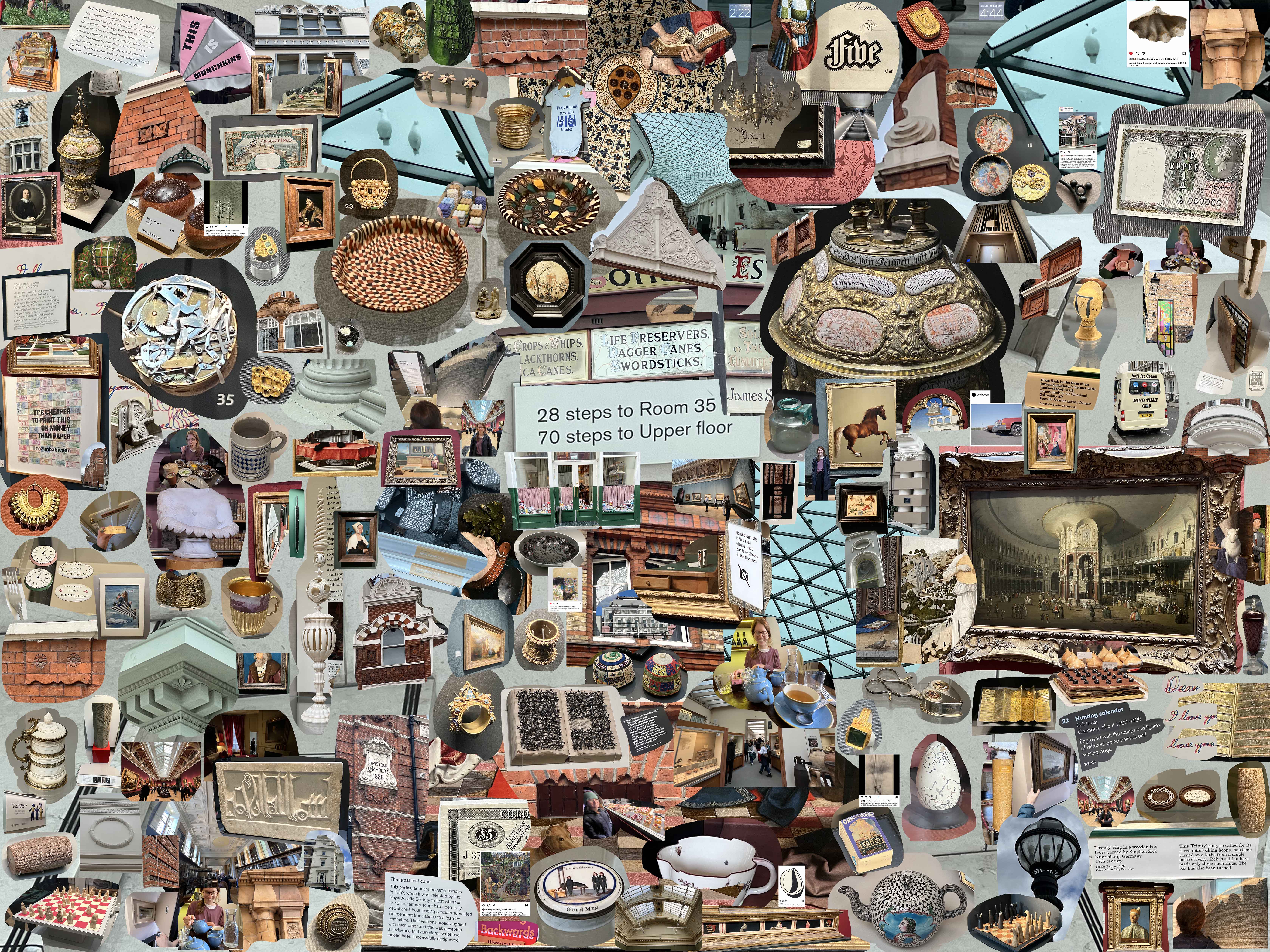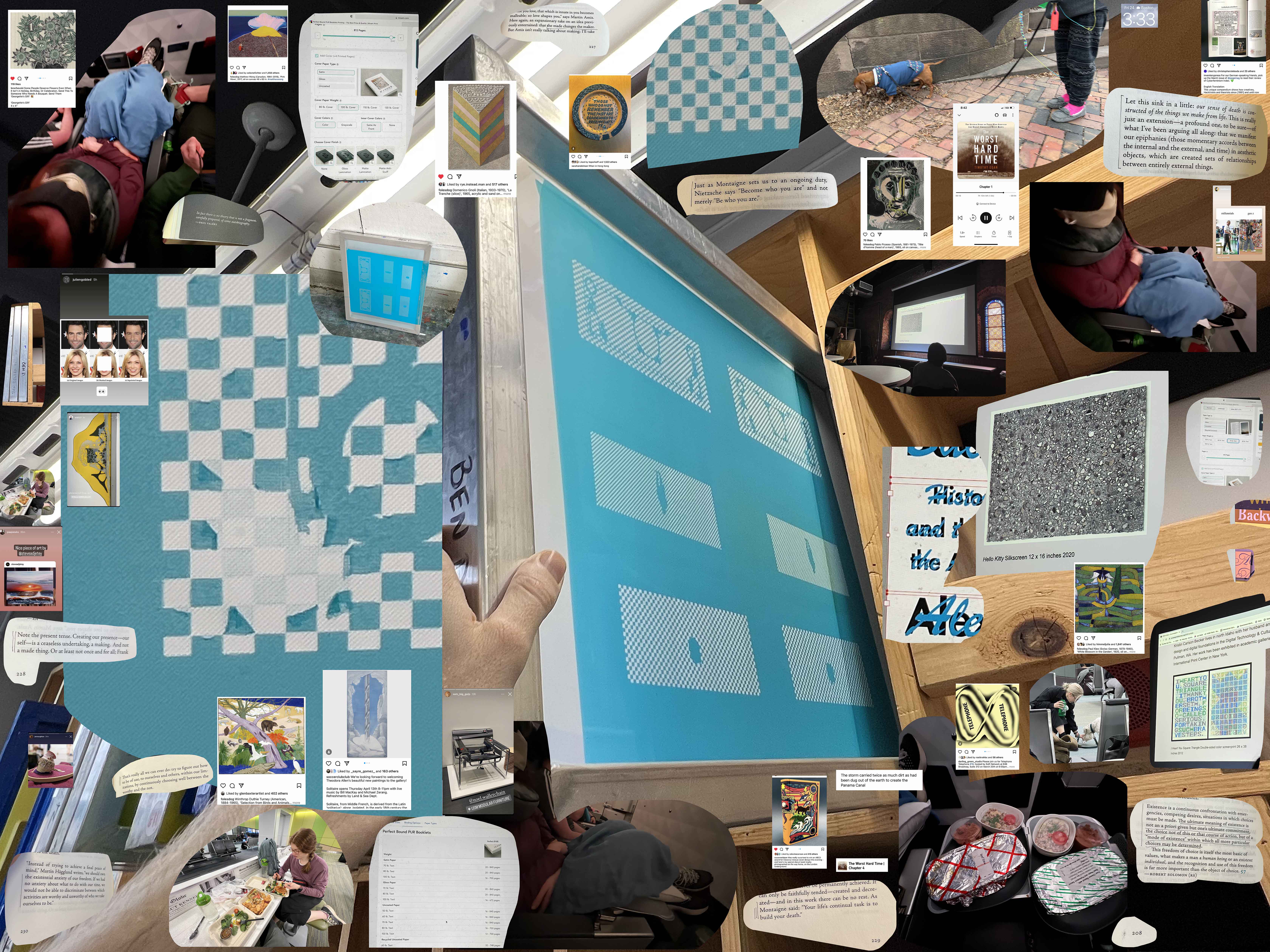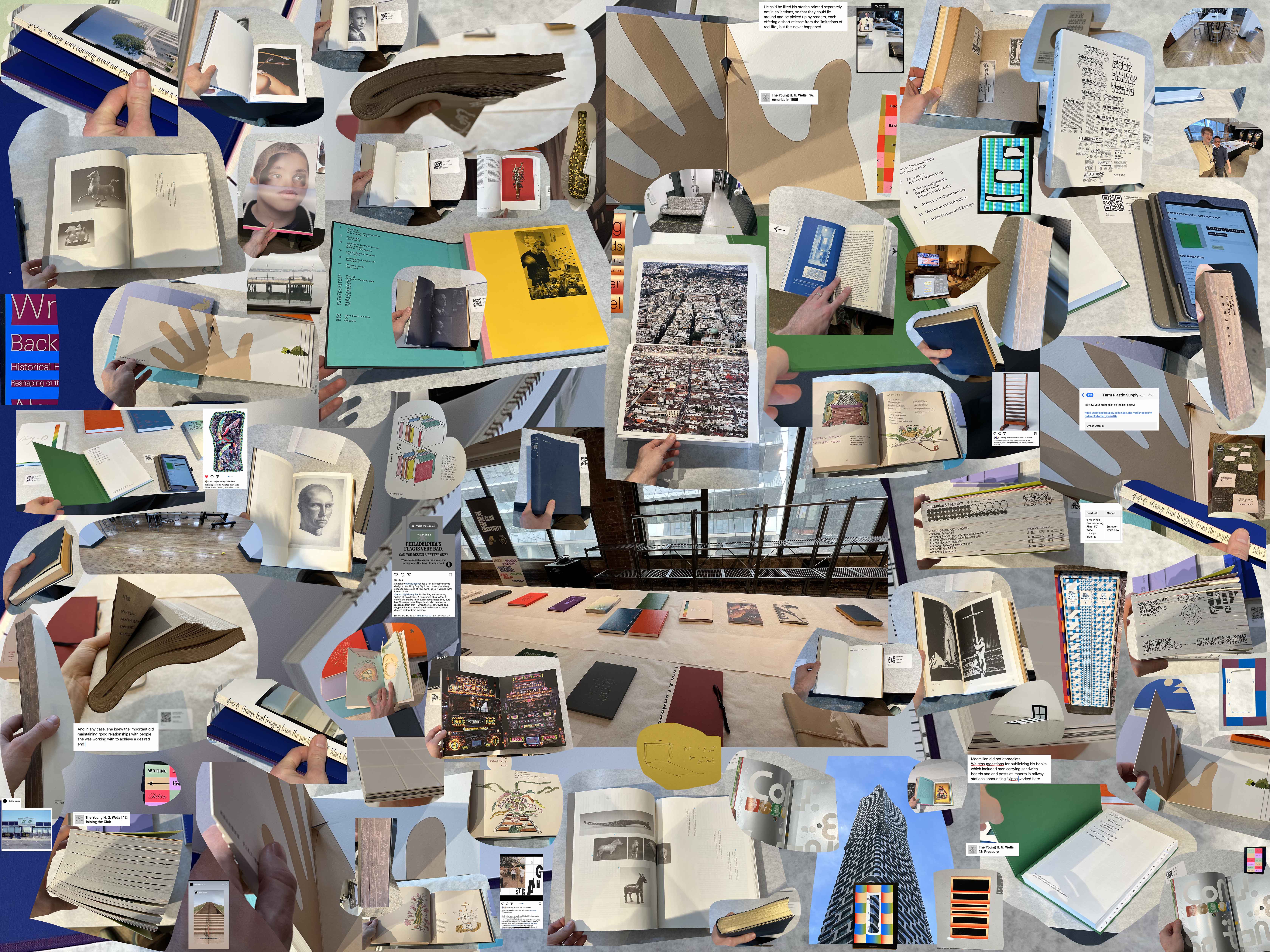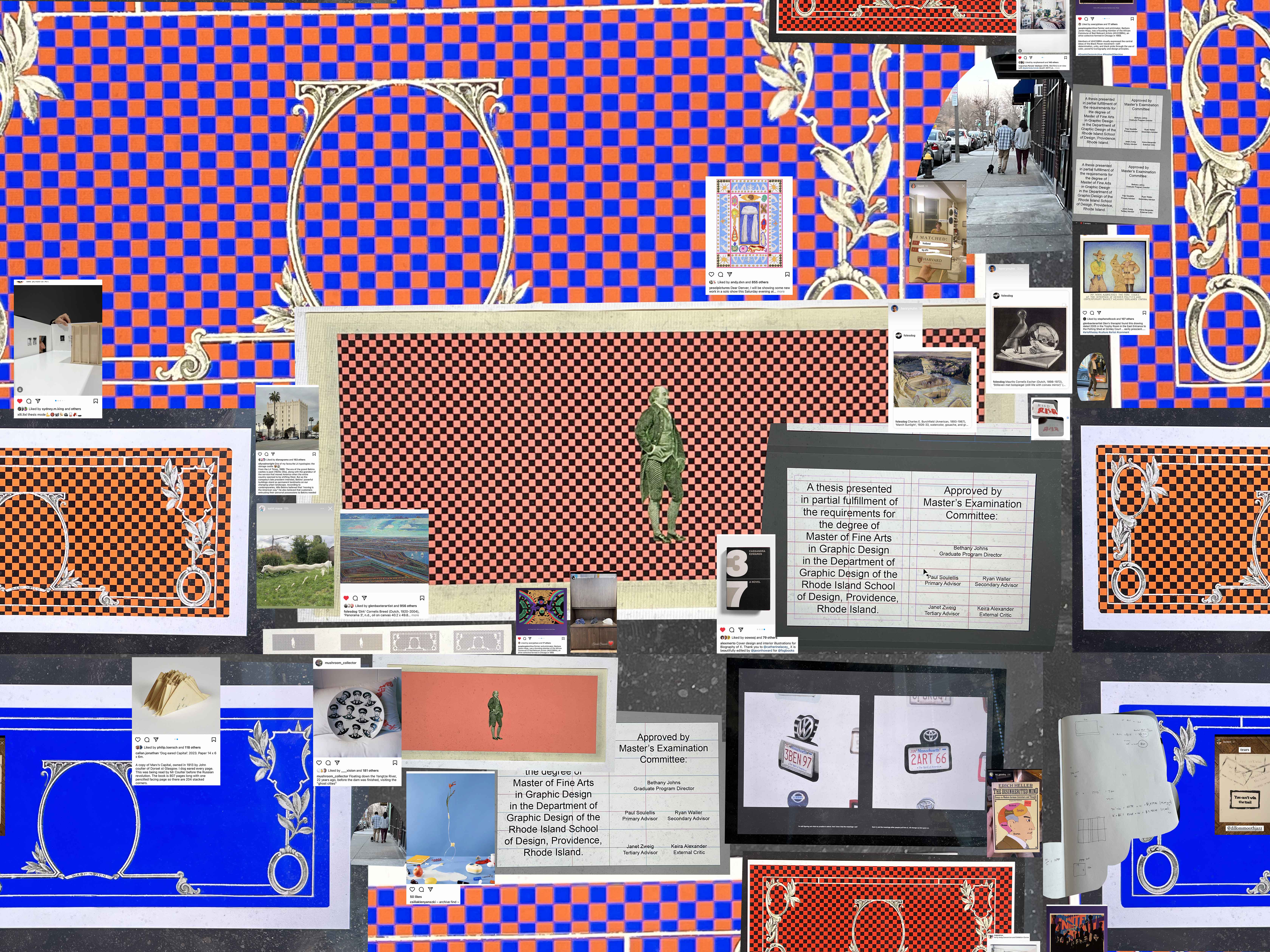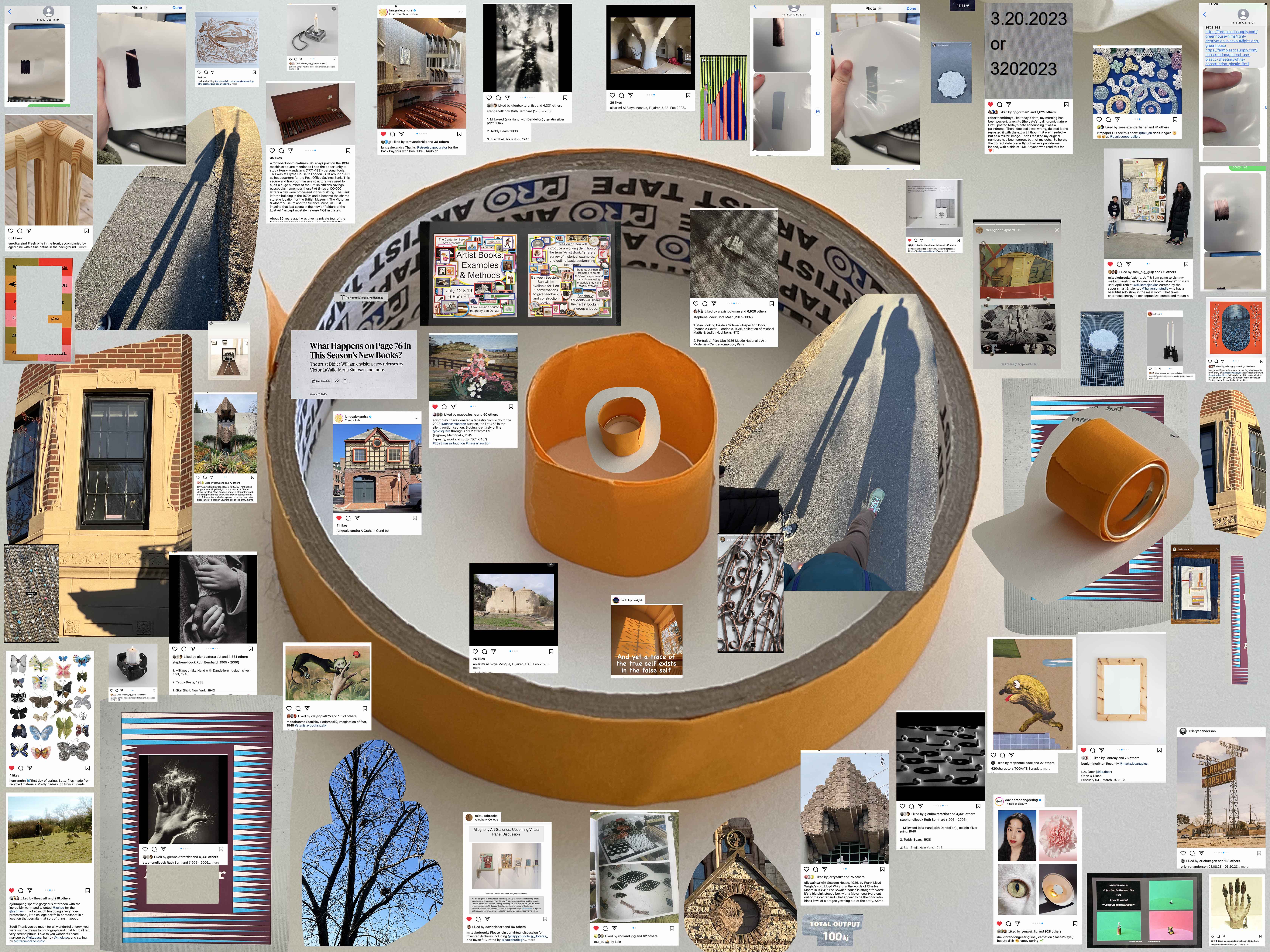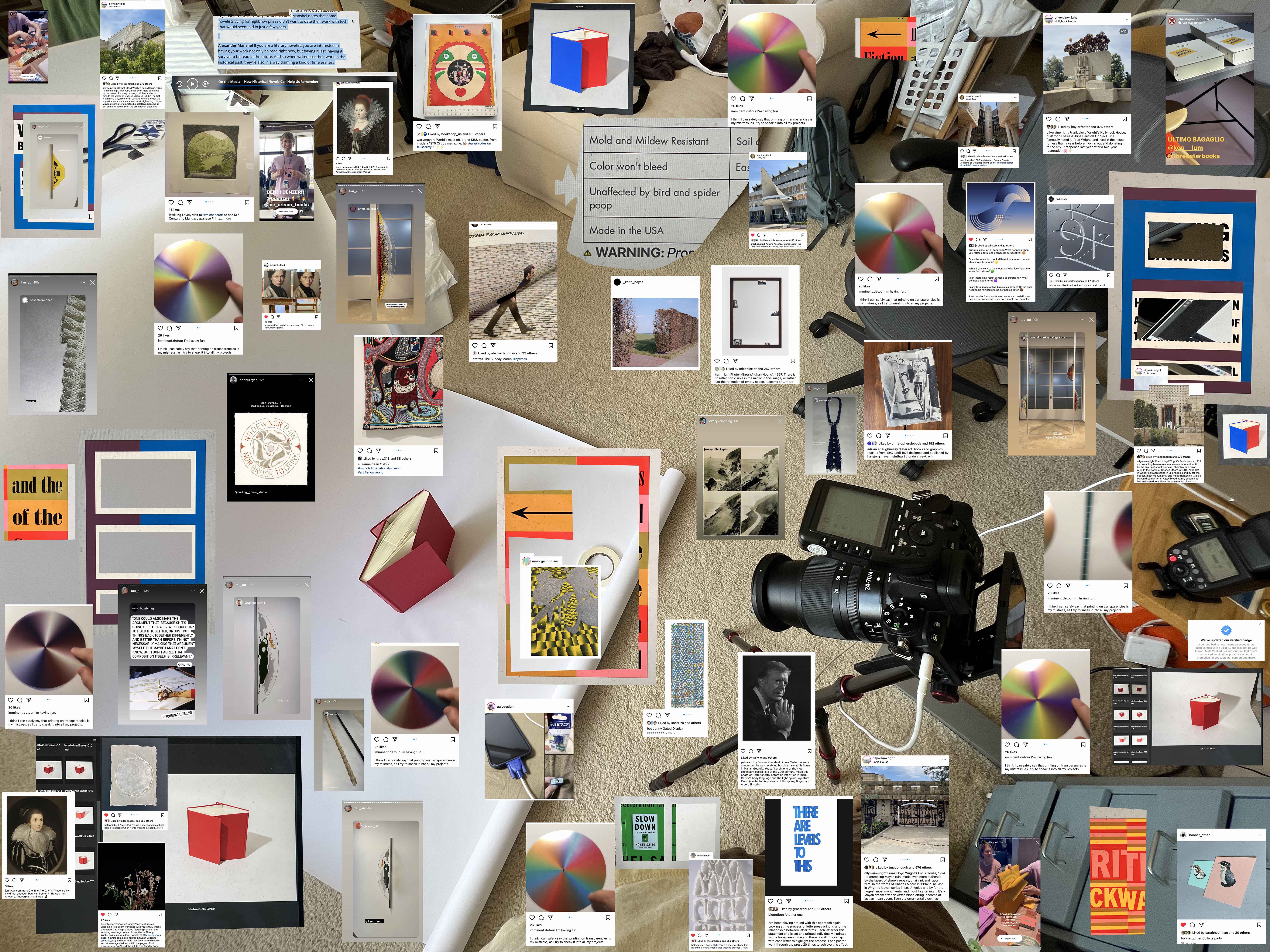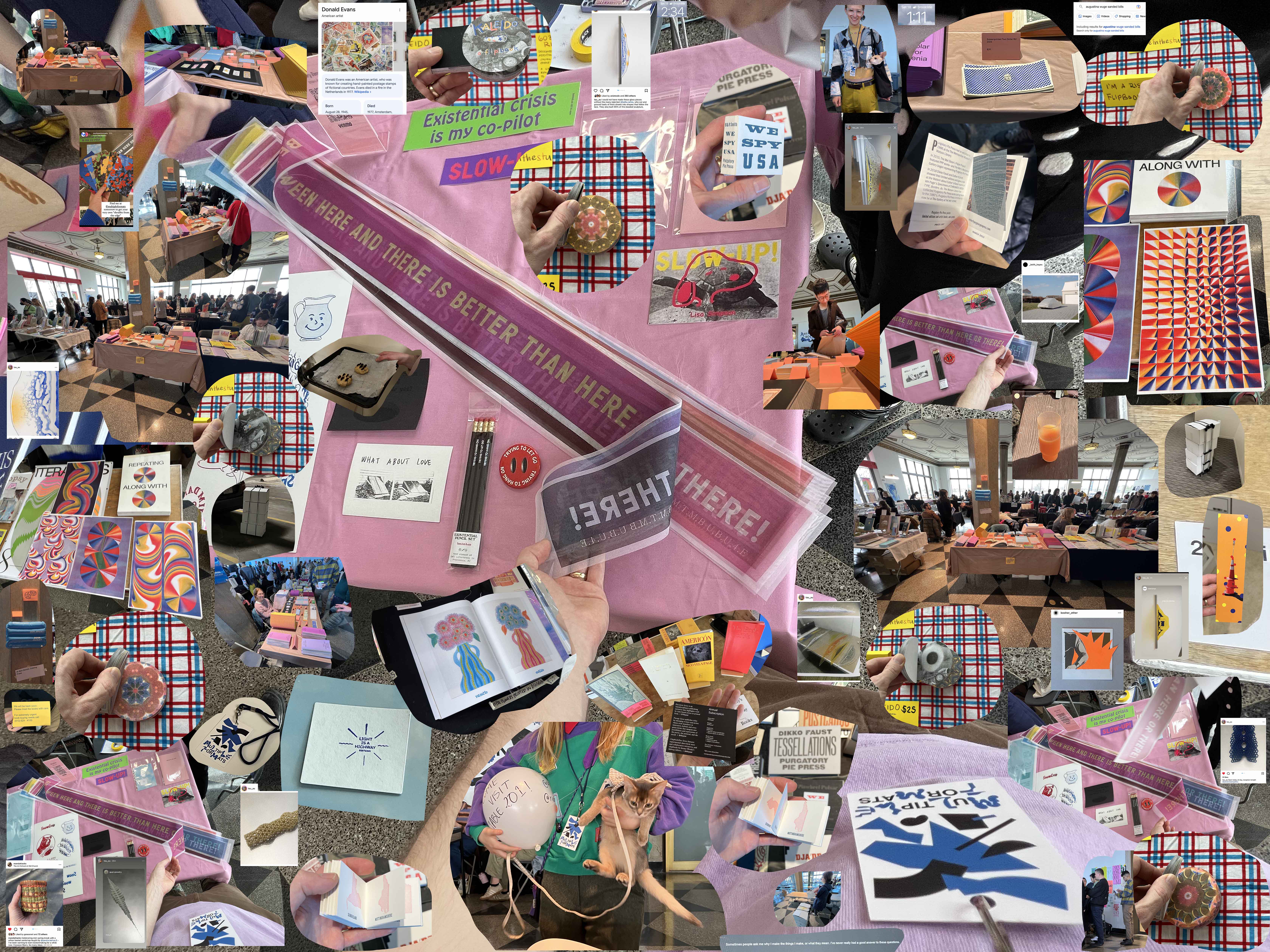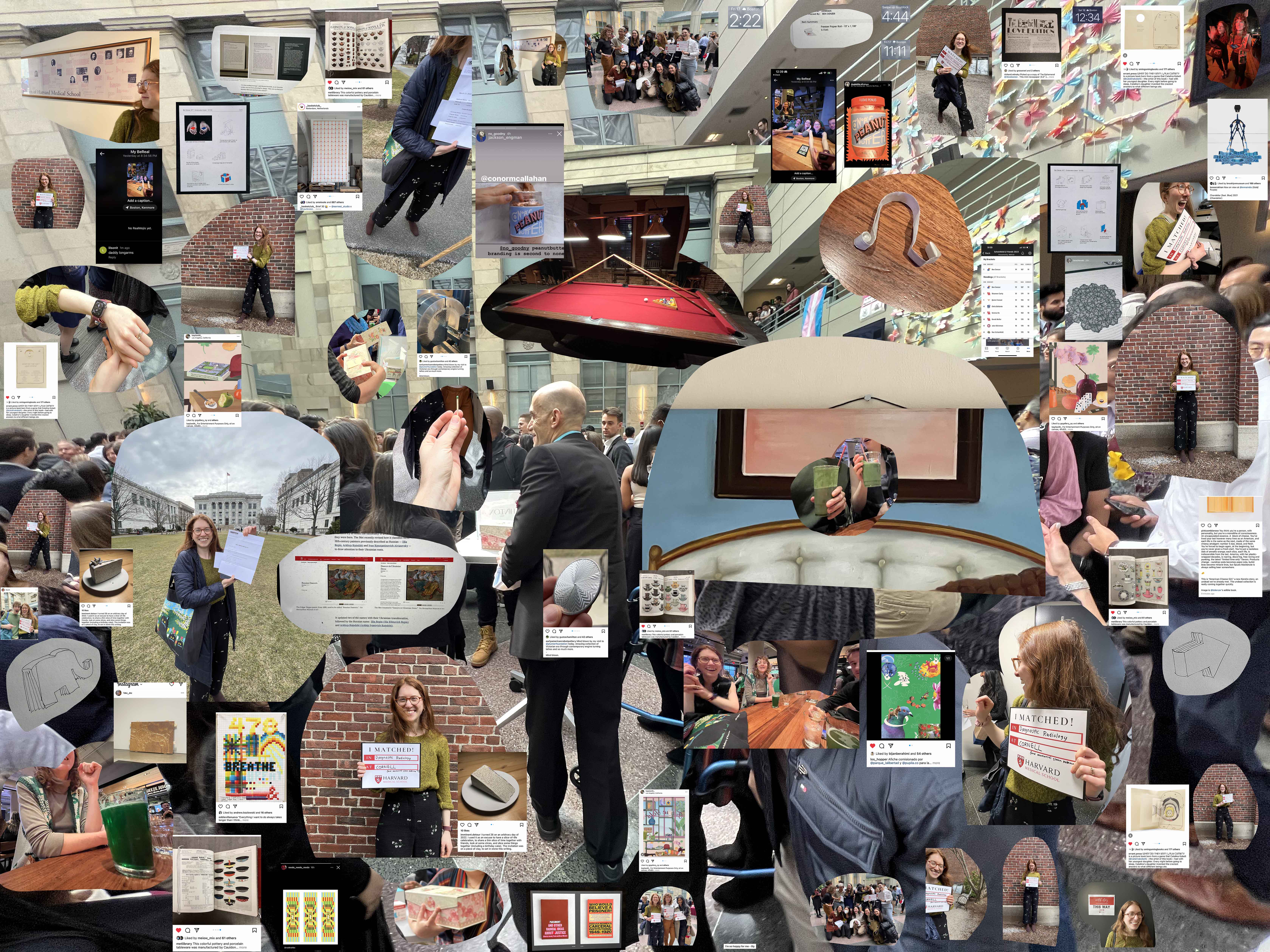Wednesday, April 5, 2023
For insulation, newspapers were pasted to the walls, some nesters even arranged the papers in neat horizontal rows so they could read the fading news stories.
— Timothy Egan, The Worst Hard Time: The Untold Story of Those Who Survived the Great American Dust Bowl
Tuesday, April 4, 2023
The continuing relevance of baseball comes from its ability to represent, like movies or theater, a relatable glimpse into the everyday drama of being human.
— Steve Kettmann, "Major League Baseball Has Unleashed a Faster, Freer Version of Itself. You’ll Need to Pay Attention.," The New York Times
Monday, April 3, 2023
No amount of money can buy you a better two-by-four than the one that's also in the crappiest house in town.
— Paul Andersen
Sunday, April 2, 2023
And the bouillabaisse we didn’t get to have.
— Christian Bale, Amsterdam
Saturday, April 1, 2023
The purpose of Stonehenge is lost to us. There will always be debate about its meaning.
— Wall text at Stonehenge
Friday, March 31, 2023
Established here in 1263, Balliol is one of the oldest Oxford colleges
— Sign outside of Balliol
Thursday, March 30, 2023
1234 rabbits
— Bullet point on informational text in the Ashmolean Museum listed below "After 320 years it's hard to pinpoint the exact value of this coin today. But here is an idea what it could buy in 1701:"
Wednesday, March 29, 2023
Insects are the most successful animals that have ever existed.
— Wall text, Oxford University Museum of Natural History
Tuesday, March 28, 2023
Design for converting the Crystal Palace into a tower 1000 feet high, 1851. It was not built.
— Image description, V&A Museum no. 19655
Monday, March 27, 2023
This type of machine was used to create the ornamental patterns which were used as security features on banknotes. It was first developed in the early 1800s as engravers looked for new ways to make printed documents secure. The lathe can generate patterns that are so complex they are almost impossible to copy.
— "The gemoetric lathe: Geometric chuck lathe, by Herbert W. Chapman of Newark, New Jersey, USA, 1905," Item description in the Bank of England Museum
Sunday, March 26, 2023
In the first few decades of admissions parents were instructed to bring a token with their children to act as an identifier. Each child accepted by the hospital was given a new name; if a relative later claimed a child, the tokens helped prove that the claim was genuine. Tokens include fabric, coins, playing cards, jewellery and medals. They were wrapped in the child's admission paper - known as a billet - and remained sealed unless a claim was made.
— "The Foundling Hospital tokens," Wall text in The Foundling Museum
Saturday, March 25, 2023
This particular prism became famous in 1857, when it was selected by the Royal Asiatic Society to test whether or not cuneiform script had been truly deciphered. Four leading scholars submitted independent translations to a learned committee. Their versions broadly agreed with each other and this was accepted as evidence that cuneiform script had indeed been successfully deciphered.
— "The great test case," Item description in The British Museum
Friday, March 24, 2023
The ultimate meaning of existence is not an a priori given but one's ultimate commitment, the choice not of this or that course of action, but of a "mode of existence" within which all more particular choices may be determined.
— Robert Solomon via Tim Carpenter, To Photograph Is To Learn How To Die
Thursday, March 23, 2023
He said he liked his stories to be printed separately, not in collections, so that they could lie around and be picked up by readers, each offering a short release from the limitations of real life. But this never happened.
— Claire Tomalin, The Young H.G. Wells
Wednesday, March 22, 2023
As the saying goes, quantity has a quality all its own.
— Admiral Samuel Paparo, "Is the Navy ready? How the U.S. is preparing amid a naval buildup in China," 60 Minutes
Tuesday, March 21, 2023
Did you see Molly's new haircut?
— Lily on neighborhood dog we know
Monday, March 20, 2023
What Happens on Page 76 in This Season’s New Books?
— New York Times Style Magazine column
Sunday, March 19, 2023
Eloise Blondiau: Manshel notes that some novelists vying for highbrow prizes didn't want to date their work with tech that would seem old in just a few years.
Alexander Manshel: If you are a literary novelist, you are interested in having your work not only be read right now, but having it last, having it survive to be read in the future. And so when writers set their work in the historical past, they're also in a way claiming a kind of timelessness.
— Transcript, "On The Media: How Historical Novels Can Help Us Remember," WNYC
Saturday, March 18, 2023
Donald Evans was an American artist, who was known for creating hand-painted postage stamps of fictional countries. Evans died in a fire in the Netherlands in 1977.
— Google's snippet of Wikipedia article on Donald Evans
Friday, March 17, 2023
Museums Rename Artworks and Artists as Ukrainian, Not Russian
— New York Times headline
